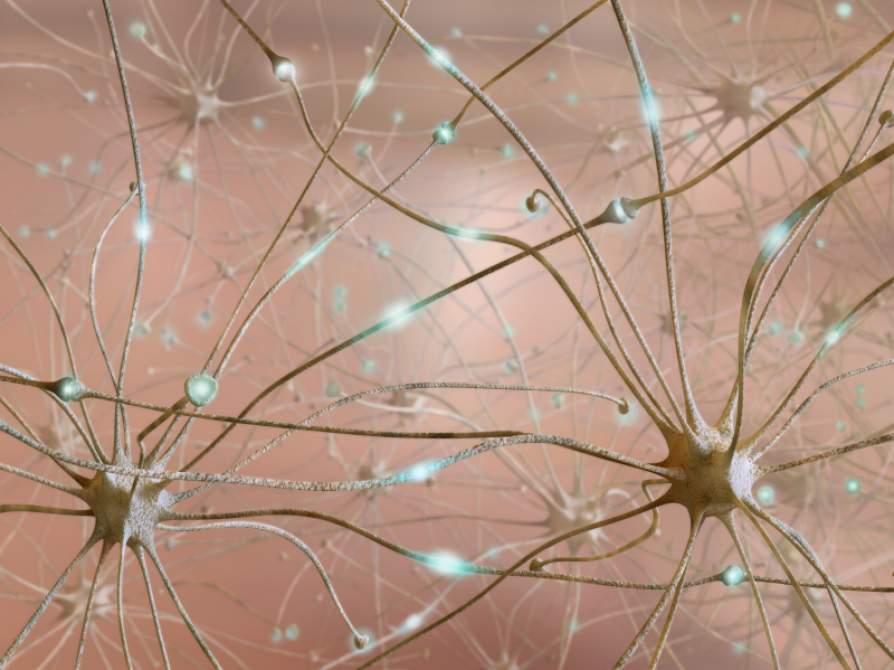
By Kate Still, Ph.D.
Studies in animal and cellular models of PMS have shown that treatment with a hormone called insulin-like growth factor 1 (IGF-1) can improve the functioning of neurons in this context. IGF-1 is made in the liver and is important for proper growth and development of bones and tissues. IGF-1 also circulates in the blood and can positively impact the brain, by promoting growth of blood vessels, promoting growth of neurons, and promoting communication between neurons.
For these reasons, IGF-1 was tested in a preliminary study on humans with PMS. IGF-1 showed some promise in improving withdrawal behavior and restrictive behaviors. Larger trials would be needed to definitively show this effect and test other impacts.
But the cost of IGF-1 is prohibitive and careful monitoring for low blood sugar is required.
IGF-1 can be naturally stimulated by another hormone – growth hormone (GH). GH has been approved as a treatment for other genetic disorders affecting development and growth. GH has been used experimentally in a couple of individuals with PMS and shown to improve motor skills, communication, response to stress, and muscle mass.
Thus, investigators at the Seaver Autism Center at Mount Sinai, led by Dr. Alex Kolevzon, began a trial in 2019 to see if treating individuals with PMS with GH could increase IGF-1 levels. The trial was also designed to test if GH was safe, and whether it had any benefit on behavior and general impressions by clinicians.
The results of this study were just published. The published study can be called a “pilot” or “proof-of-concept study,” where a small number of people were enrolled (six), and there was no placebo group that did not receive treatment.
The study team found that subcutaneous injection of GH once a day for twelve weeks increased IGF-1 levels in the blood as predicted. Caregivers reported improvements in social withdrawal, hyperactivity, and sensory issues. Clinicians noted a general improvement as measured by the Clinical Global Impression Improvement scale.
It is important to note that many other aspects of PMS have not yet been measured to assess if they improve with this treatment. The long-term effects of treatment and the length of treatment are not yet understood. The primary goal of early trials such as these are to assess safety in the short term. In this study, there were no severe side effects. One participant experienced gait issues and stopped treatment. Half the participants at some point experienced crying spells, fever, inflammation of the gastrointestinal tract, and increased appetite, although the impact of these side effects were mild or moderate and the relationship to GH is not clearly established.
To learn more about GH clinical trials, see: https://clinicaltrials.gov/ct2/show/NCT05187377?cond=Phelan-McDermid+Syndrome&draw=2&rank=5
Link to the published study on GH in PMS: https://link.springer.com/article/10.1186/s13229-022-00485-7
Links to case studies of GH in PMS: https://www.ncbi.nlm.nih.gov/pmc/articles/PMC8585933/ https://www.ncbi.nlm.nih.gov/pmc/articles/PMC7934562/
Link to previous IGF-1 pilot study: https://pubmed.ncbi.nlm.nih.gov/25685306/
